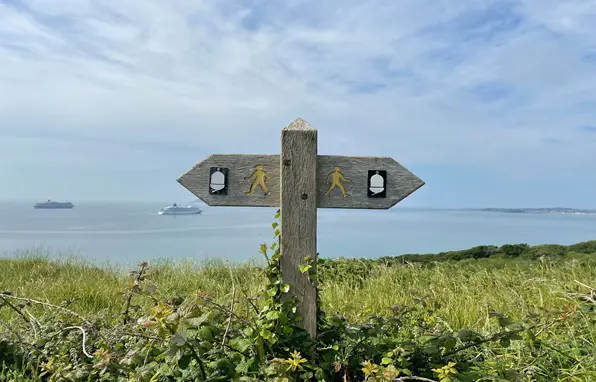Budget tips for a cost-effective Easter holiday
29 SEPTEMBER 2023
Traditionally, the Easter weekend sees an upsurge in domestic travel, with South Africans taking full advantage of the long weekend to explore the many gems that our country has to offer. This year is set to be no different, with Easter marking the last weekend of the school holidays. While a holiday may indeed be in order for many hard-working South Africans, sticking to a travel budget will help consumers avoid getting into unnecessary debt over this period.
While a holiday may indeed be in order for many hard-working South Africans, sticking to a travel budget will help consumers avoid getting into unnecessary debt over this period.
Providing her advice for South Africans ahead of the Easter rush is Tonia Pavlou, Deputy CFO at RCS, who cautions holidaymakers against throwing caution to the wind within these uncertain economic times.”
In light of the recent interest rate and petrol price hikes, consumers need to be discerning about managing their money over Easter. Most families will be inclined to keep their holiday promises, but it doesn’t need to break the bank.
A little bit of planning will go a long way
As Pavlou suggests, putting together a travel budget ahead of the long weekend is highly recommended. Before jetting off, preparing for a ‘staycation’ or hitting the road, consumers should create a list with estimated costs for major items such as accommodation, meals, transportation and fuel, shopping and sightseeing.
But, as she advises, it’s also prudent to allocate a pool of funds for unexpected travel-related costs. These could include parking costs, toll gate fees, laundry service costs and extra baggage fees.
“The hidden costs of travel may appear to be nominal, but they do have a sneaky way of adding up and cutting into travel budget. Planning ahead for these small outlays will make sure that you’re well prepared for what a trip really ends up costing,” says Pavlou.
Credit versus cash: travel responsibly
Another way to plan ahead is to decide beforehand which items will be paid for using cash and which items can be covered by credit. For bigger ticket items such as the cost of the actual flight, a credit option may come in handy as a way of avoiding a large initial outlay and freeing up more cash for spending. As Pavlou has observed, South Africans travelling domestically often utilise credit options for flight bookings as opposed to paying via EFT or cash.
Additionally, due to the rising price of petrol, it has been observed that more holiday makers are using credit to fill up. This is most noticeable when travellers are making their way to holiday destinations in other provinces or going on a road trip. These kinds of activities require one to fill up multiple times over a shorter period, which can become quite costly.
Monica Sithole, Mobility Marketing Manager at Shell concurs, explaining that last year saw local road travel rebound as South Africans embraced the return to the ‘new normal’ and revisited the Easter holiday plans that were thwarted by the pandemic.
As she expands: “Due to rising fuel costs, inflation, and the ensuing changes in consumer behaviour, it is anticipated that this year's Easter travel plans will be different compared to previous years. In the years prior to COVID-19, the national highways linking Gauteng, Kwa-Zulu Natal, Limpopo, and the Western Cape were the busiest during this holiday period. Considering the lifting of the state of national disaster last year, we anticipate more people travelling to these popular destinations compared to last year. However, this may be muted given the present economic challenges”.
Dividing expenses up into those that will be covered by credit and those that will be covered in cash will provide travellers with the full picture of what their Easter holiday will cost. Any items that will be covered by credit should be listed as part of a travel budget, which should also include a schedule of how that debt will be paid off post-holiday.
This will give travellers a holistic oversight of their financial position and ensure that the cost of the Easter long weekend does not roll out into the months that follow due to overspending.
Once travellers have a list of the items they will use credit to cover, they should also make a list of items for which they will need cash. Some of these costs include gratuity at restaurants and hotels, purchases from street vendors who may not accept card payments and refreshments while in transit.
As a rule of thumb, Pavlou advises that travellers should avoid carrying large amounts of cash around while on holiday, not only for personal safety and security but also because having cash on hand may increase the temptation to indulge in impulse buys that aren’t part of your travel budget.
“We wish all South Africans a joyful and relaxing Easter long weekend and encourage them to practice responsible behaviour while travelling and with regards to their financial wellbeing,” Pavlou concludes.



